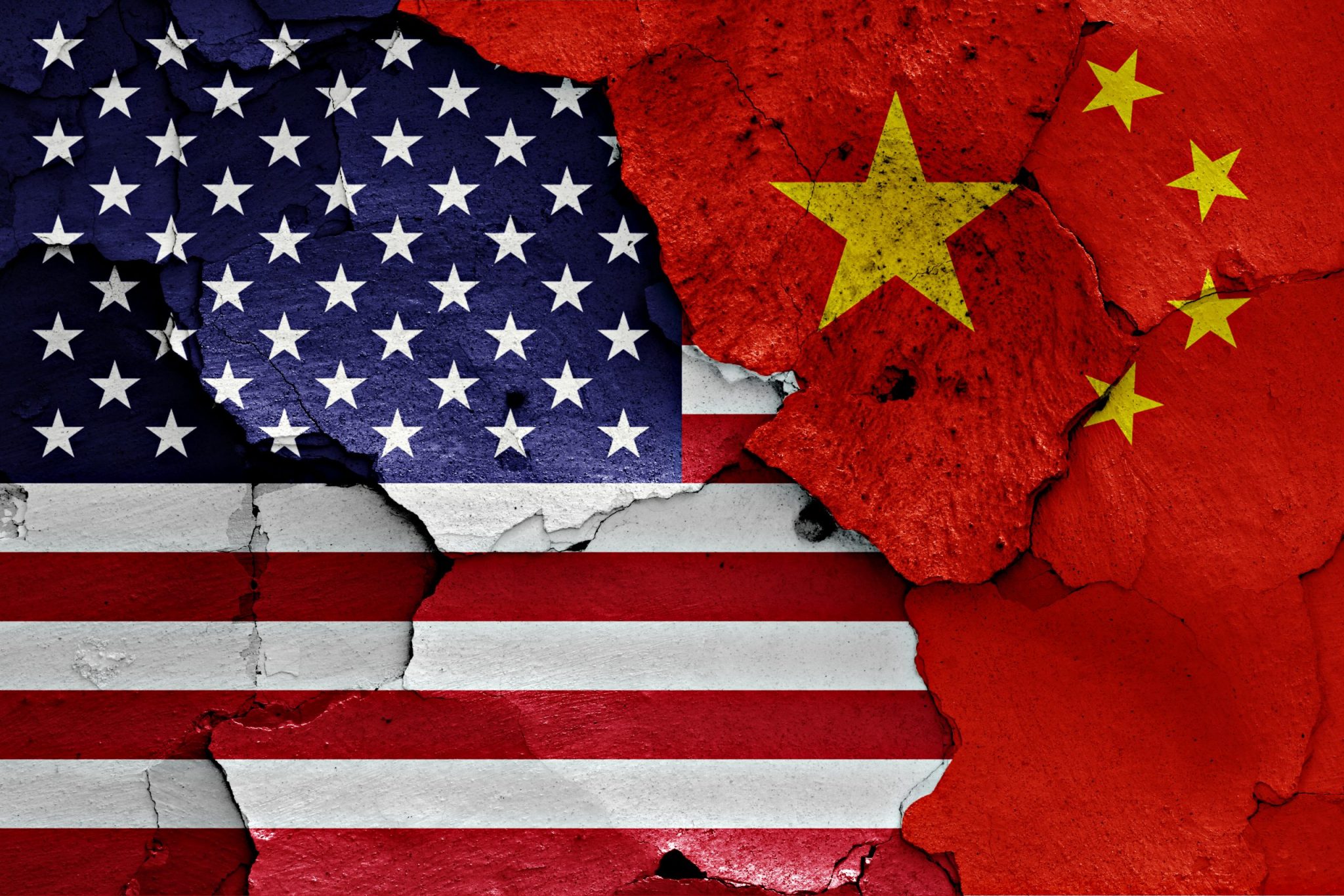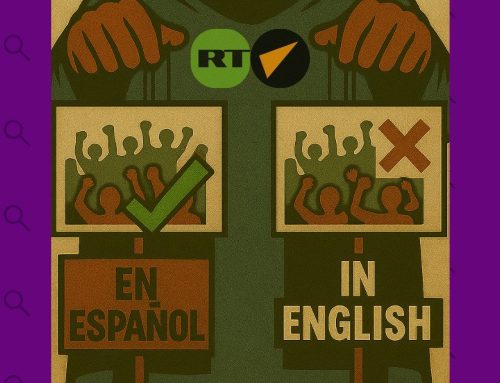There are two possible outcomes of U.S.-China competition—but Washington should prepare for the more turbulent one, Co-Director Zack Cooper and Hal Brands argue in Foreign Policy.
Competition between the United States and China has begun, but how will it end? There is a bipartisan consensus that Sino-American relations will be defined primarily by rivalry across multiple regions and dimensions of statecraft for years to come. Yet there is little clarity on what U.S. leaders hope will happen after that. Washington has accepted the reality of competition without identifying a theory of victory. There is no lack of suggestions, but U.S. leaders have yet to articulate how this competition will lead to something other than unending tension and danger.
At several points, the Trump administration argued that rivalry with China was caused by the nature of the Communist Party, implying that the rivalry would last as long as the regime did. Yet the administration also insisted, confusingly, that its approach was not based “on an attempt to change the PRC’s domestic governance model.” Similarly, the Biden administration has accepted strategic competition with China—“extreme competition,” as the president phrased it—without publicly clarifying how that competition might ultimately be resolved.




